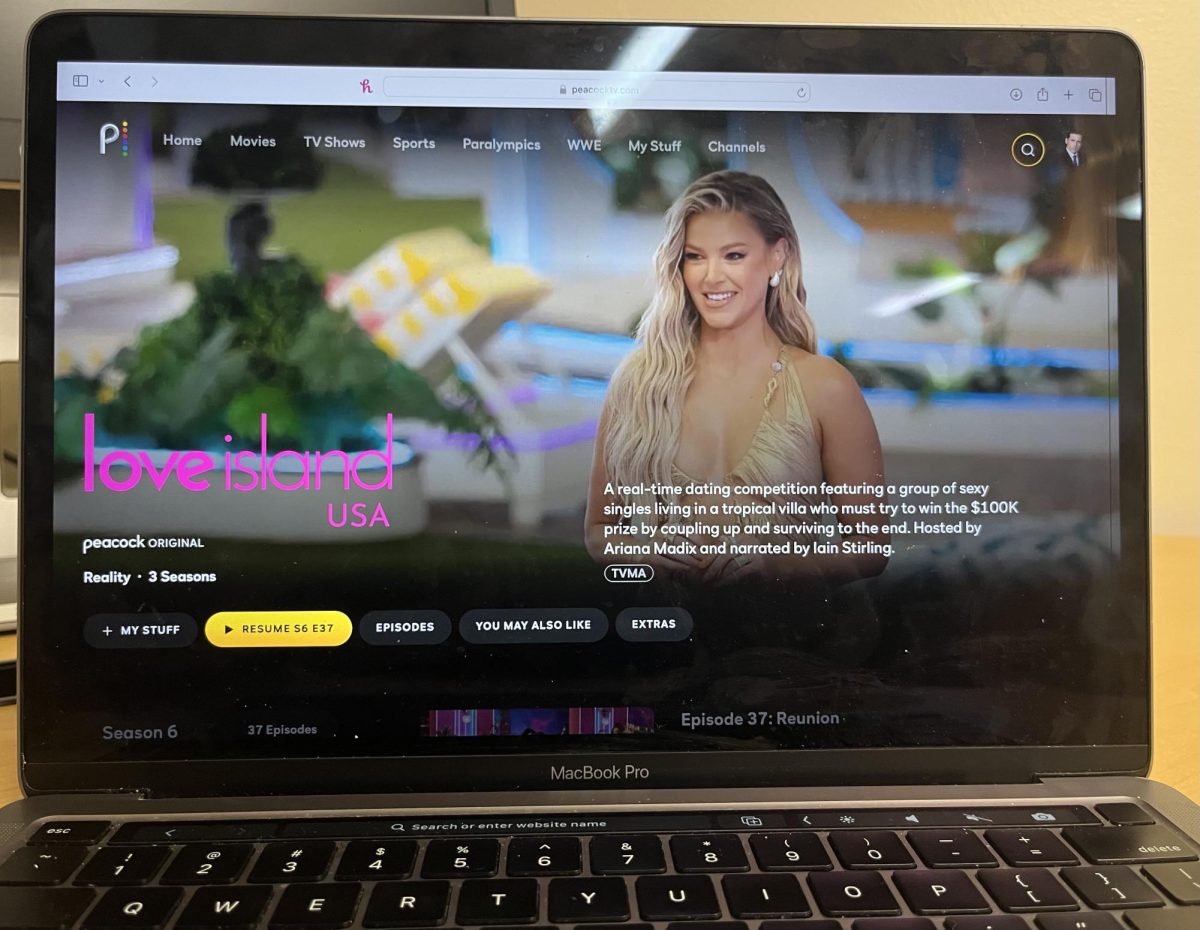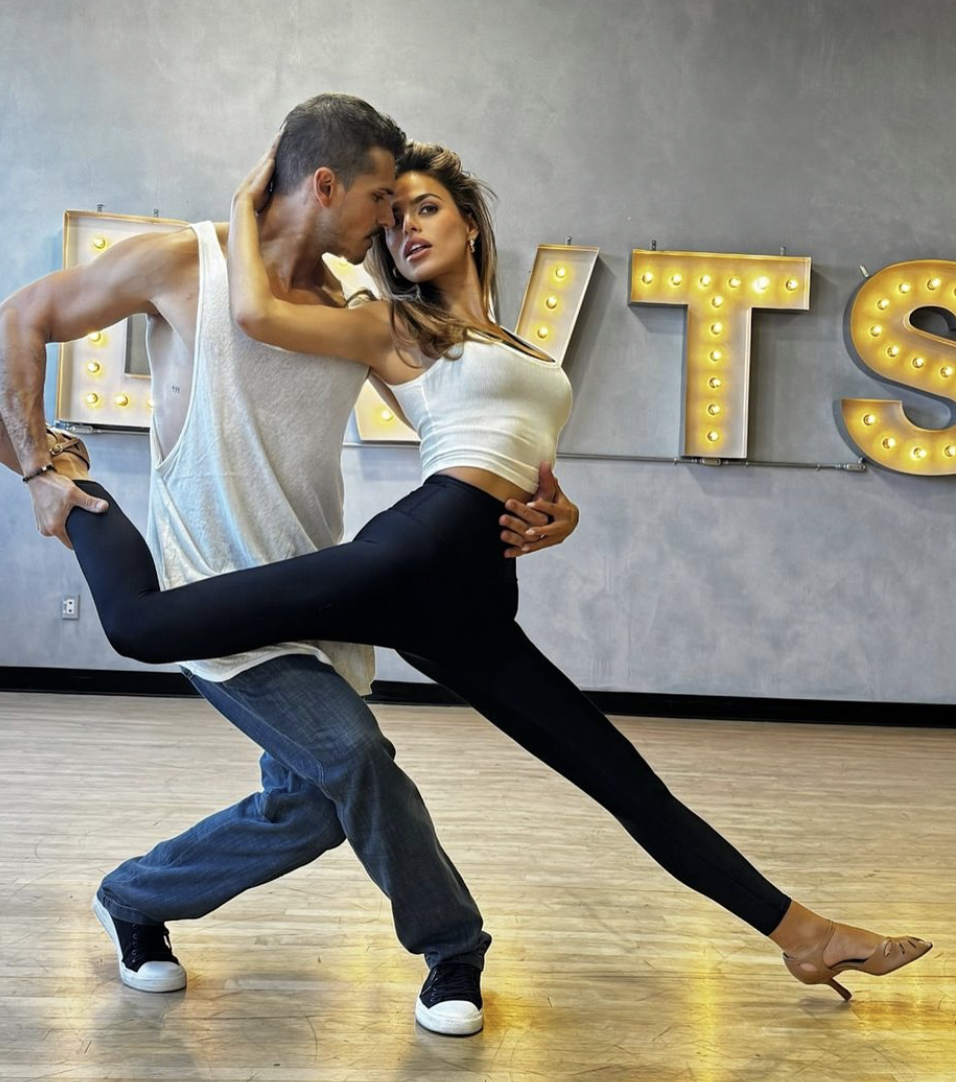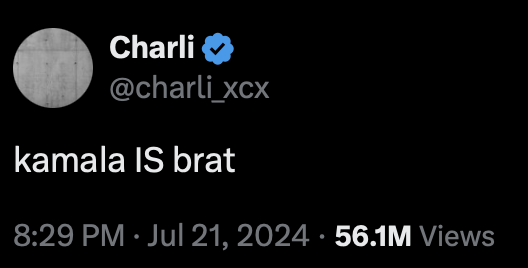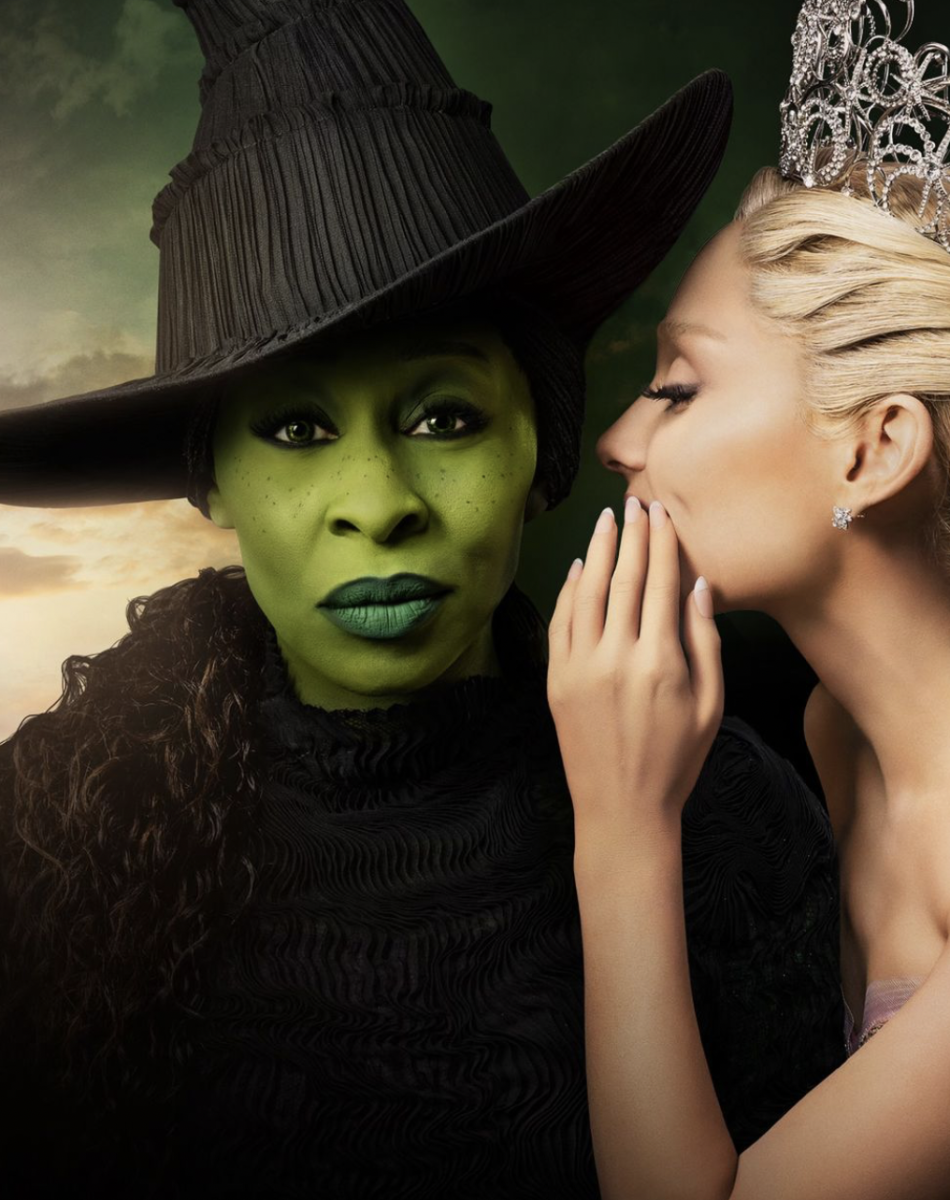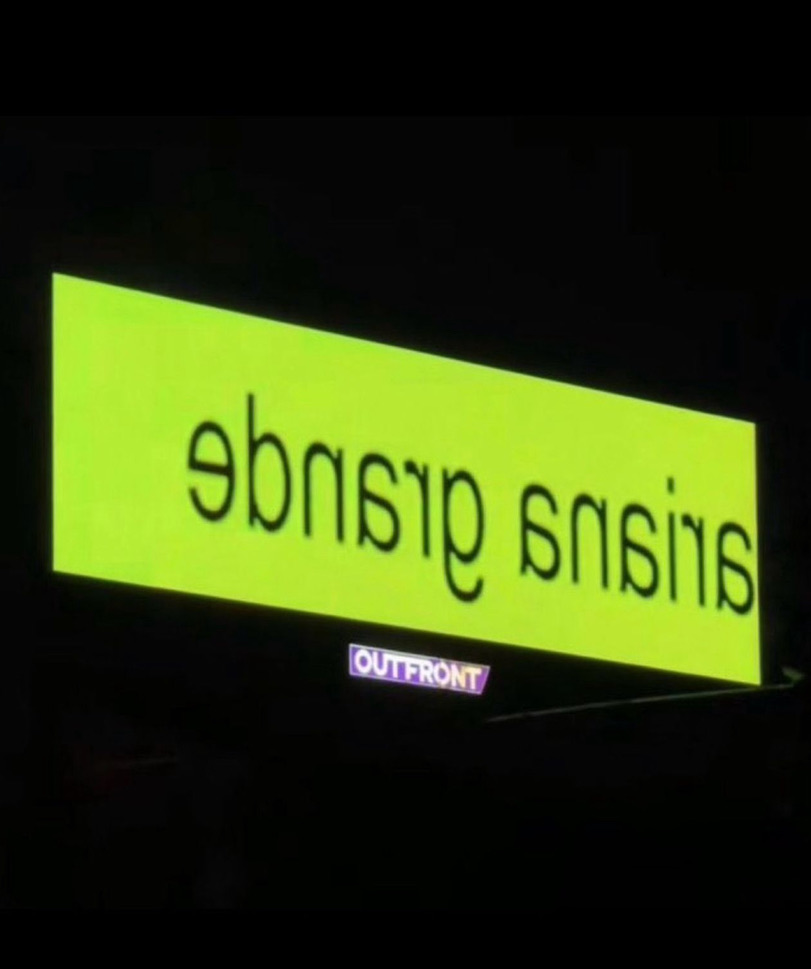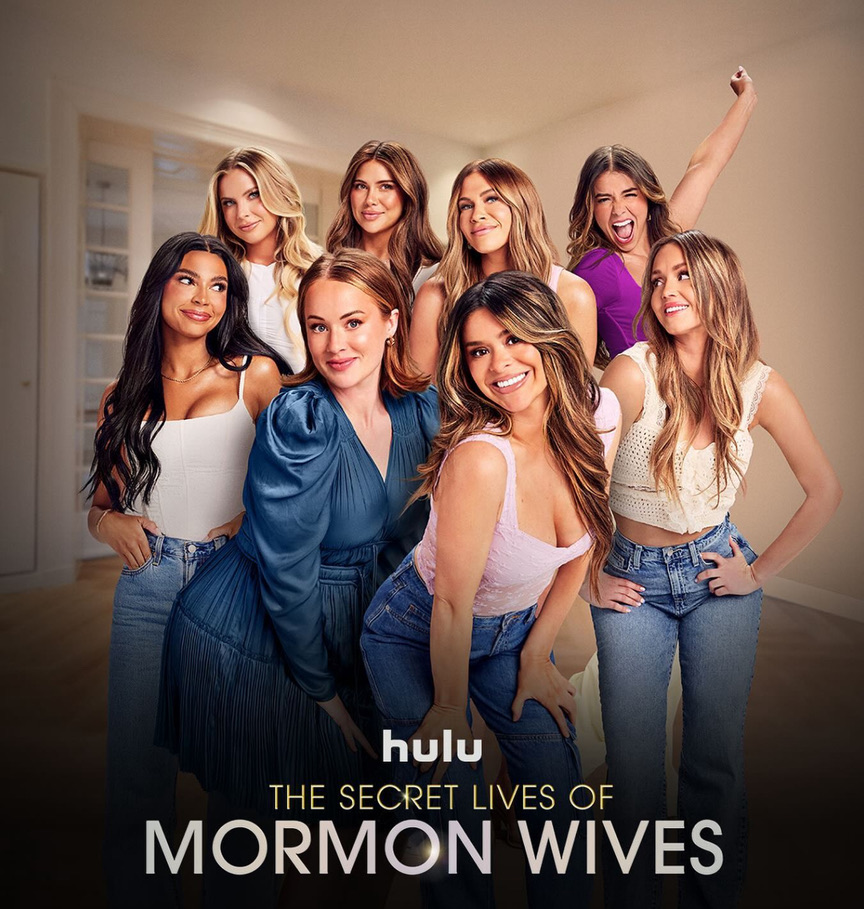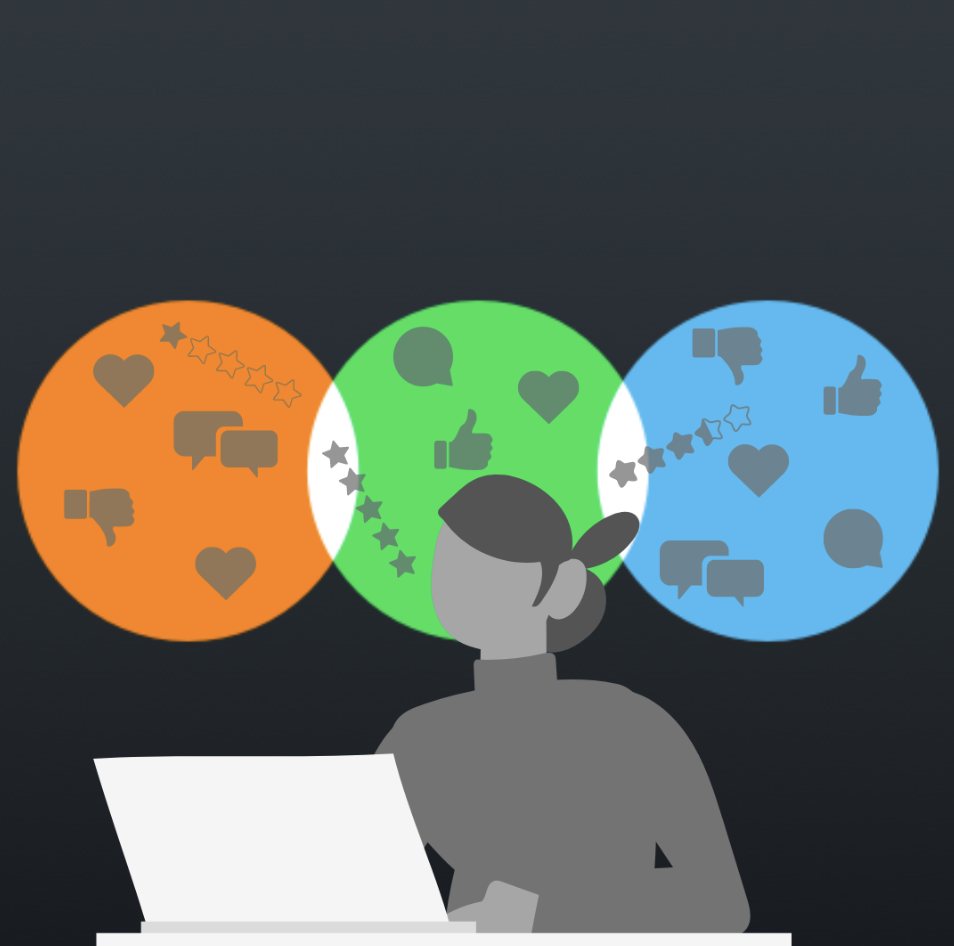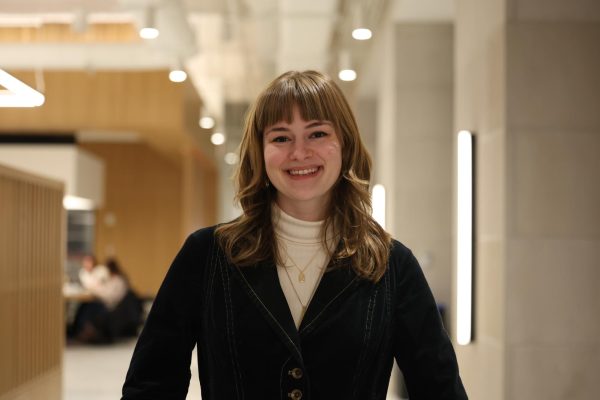As an iconic member of the reality television universe, the gamified dating show “Love Island” broke records across the United States this summer. In the past, the original “Love Island UK” surpassed “Love Island USA” in pretty much every metric from viewership to notoriety, but something about this summer was different. Not only did “Love Island USA” come out on top of the UK version, but it also topped charts for being the most popular reality TV show across all American streaming platforms with nearly 1 billion minutes viewed in a single week.
There is a lot that can be said about “Love Island”’s popularity. For one, the show is recorded in real-time and releases a new episode every night of the week. This massive influx of content keeps the audience hooked, but it can also inflate viewership. The “recorded in real-time” aspect also allows viewers to actively participate in the show, thus raising the stakes. Throughout the summer, fans are asked to vote for their favorite couple on the show; the couples with the least votes are at risk of being voted out of the villa.
In addition to these classic “Love Island USA” features, season six, in particular, had a lot going for it. For the first time, the show was hosted by reality TV superstar Ariana Madix, who has a massive following of her own. As such, season six welcomed an entirely new audience to the show, as fans of “Vanderpump Rules” flocked to watch Madix’s appearances in the villa. Producers also seemed to spend more money on music and setting for the show, which increased this season’s quality.
But the key to this season’s smashing success was undeniably the casting. The season’s original group of islanders clicked instantly, both romantically and platonically. The winning couple, Serena Page and Kordell Beckham, coupled up on the first day and stuck together for the majority of the season with a short hiatus following one of the show’s iconic twists, Casa Amor. The original women formed a close bond as they supported each other through the ups and downs of the season. The friendships from season six seemed to resonate with audiences perhaps more than any other aspect of the show. This season has also been one of the most racially diverse in the franchise’s history, with all final eight cast members identifying as people of color.
The show’s most popular cast members, Leah Kateb, JaNa Craig and Page walked out of the villa with hundreds of thousands more followers than they started with. The three women, known by fans as “PPG,” short for Powerpuff Girls, have continued to take the internet by storm since leaving the villa as they flit from podcast studio to news station to cover shoot. Kateb, Craig and Page, along with several other castmates including Beckham, Miguel Harichi and Olivia Walker — each boasting over 1 million Instagram followers themselves — have already begun capitalizing off their newfound Love Island fame via traditional “influencer” routes. Kateb in particular seems to have risen above the rest in terms of fan base. Since the show’s finale, Kateb’s account has garnered more than 2.5 million additional followers to reach a whopping total of 3.5 million followers as of Aug. 30, surpassing even Madix, who has 2.4 million followers on Instagram.
Although the level of their popularity outside the villa may have initially shocked cast members and fans alike, it should come as no surprise to see the “Love Island” alums lean fully into the world of social media influencing. In the current age of reality television, most participants see shows like “Love Island” as a career booster that will help launch them as Internet celebrities. Now, the cast members post frequently on their social media accounts and don’t shy away from the perhaps over-enthusiastic embrace of their fans. But with this type of sudden exposure can come some pretty big problems. The “Love Island” franchise has a tragic history with online bullying — two former contestants and a previous host of the UK version have actually committed suicide as a result of post-show online harassment.
Rising to fame so quickly, especially after being so vulnerable on television, can be challenging and even dangerous. Since leaving the villa, multiple cast members from season six have discussed the online hate they’ve received, including Daniela Ortiz Rivera, who posted a video online talking about suicide prevention. Another major internet scandal followed the show’s finale when nude videos of cast member Kendall Washington were leaked online. Washington has handled the fallout with grace, but the incident speaks to larger privacy issues in the influencing world.
It is no secret that social media can damage mental health, but the fast-paced rise of this summer’s “Love Island” stars showcases the unique difficulties that unexpected fame can bring. It’s important to remember that reality television shows like “Love Island” cast relatively normal people, not bonafide celebrities, and as a result, the contestants do not have the media training and emotional support that long-time celebs rely on to protect their mental health. Hopefully, fans of the show can learn from the franchise’s past and stop spreading hate to the very real people they enjoyed watching on the show.





































































































































































































